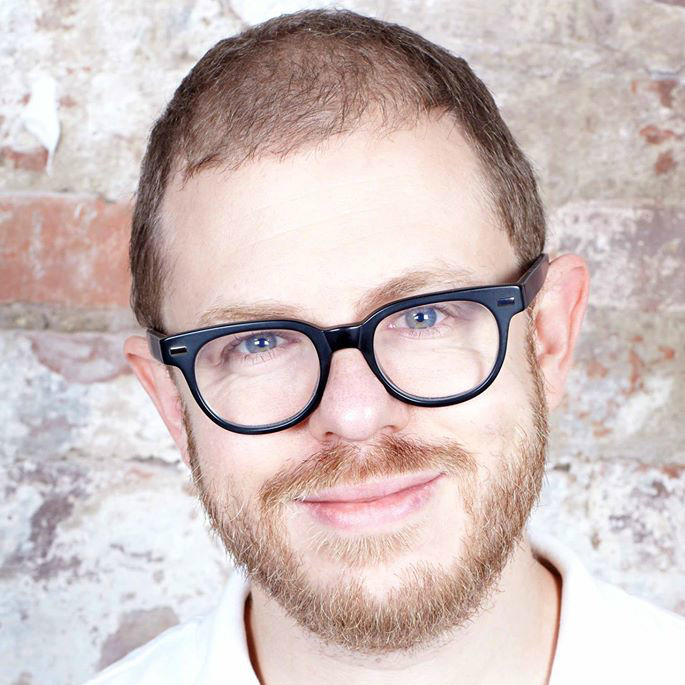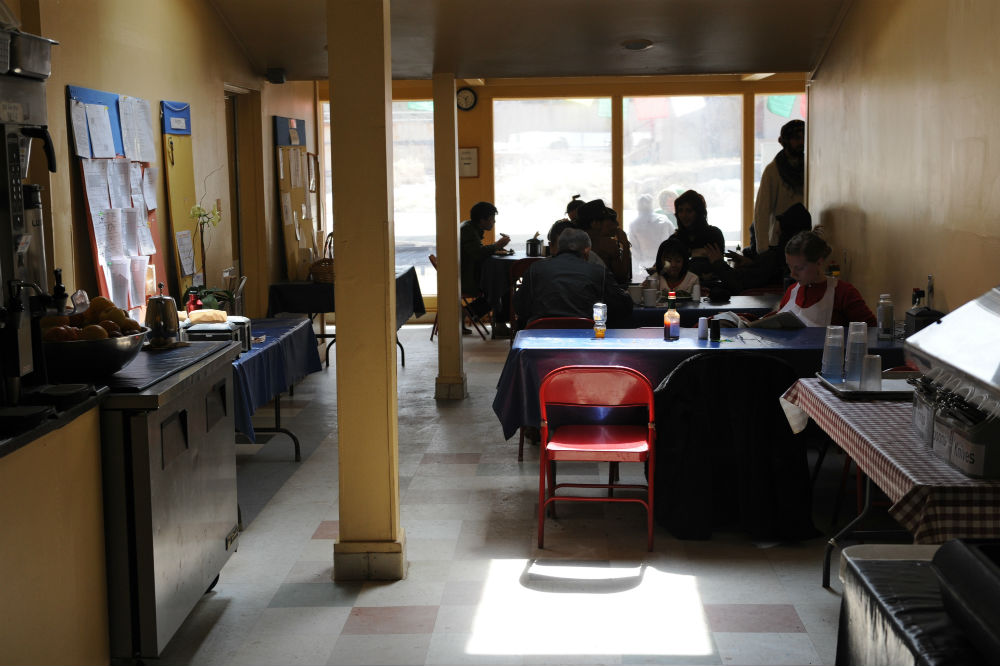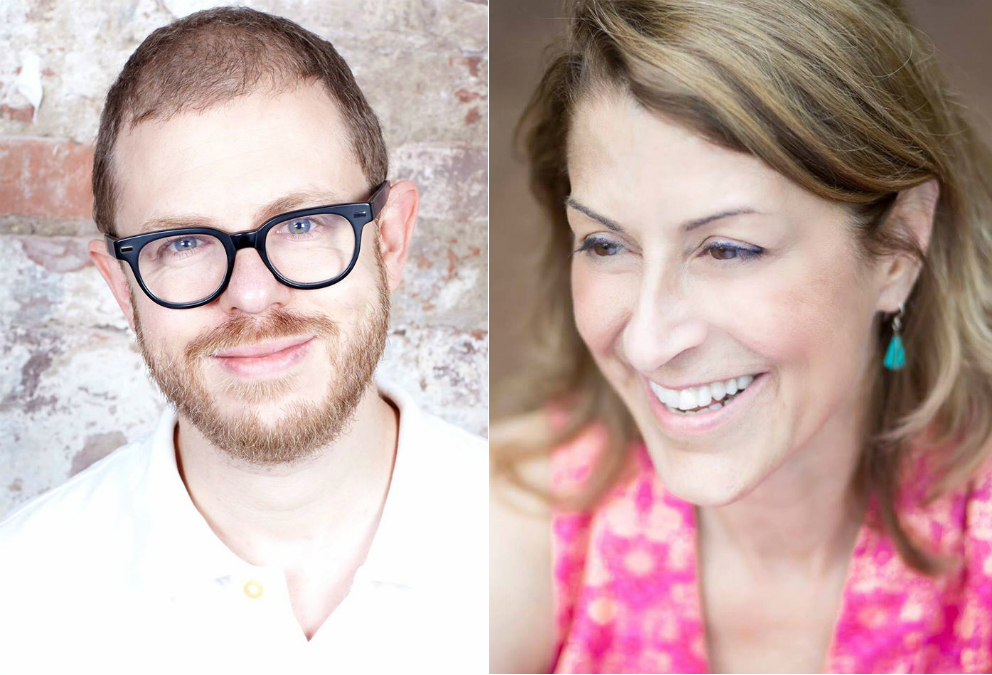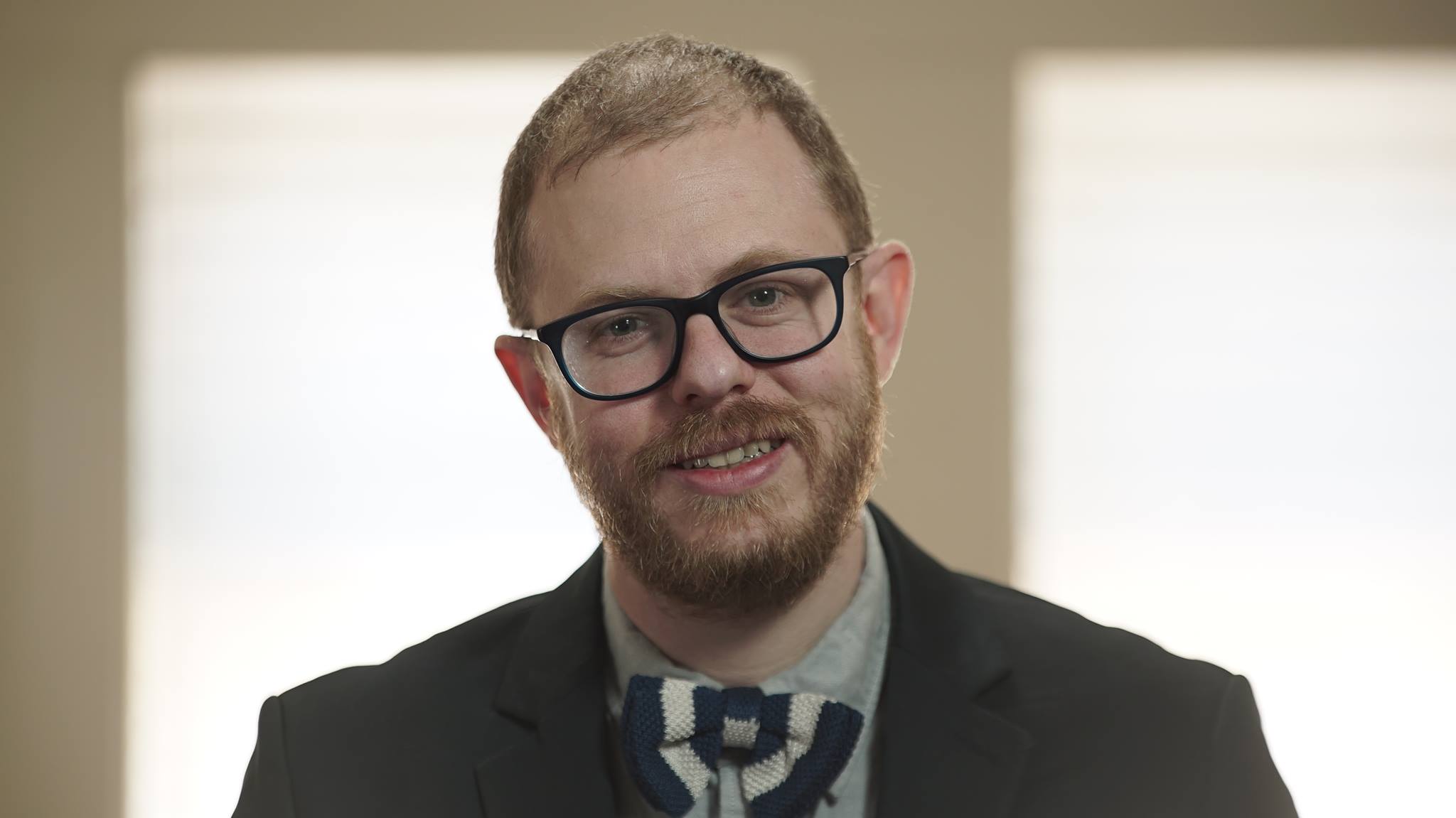When Society Breaks Your Heart
By Lodro Rinzler //
First things first: society has broken my heart, too. I don’t know when you’ll be reading this book. Right now I am heartbroken by the rampant police brutality that has resulted in the deaths of way too many people of color. I am heartbroken by the giant gap between the rich and the poor. I am heartbroken that our political system is, in my opinion, pretty damn broken. Maybe you are reading this at a time when the daily news is about how our alien overlords have really skewed the border situation so Earthers can’t get decent jobs. I don’t know. But if you are feeling heartbroken about the major societal issues in the world and I happen to still be alive please know that at this moment I too am heartbroken, so you are not alone.
With so much suffering in the world, it can be easy to lean into your heartbreak only to get completely overwhelmed. I feel that way sometimes.
When I feel overwhelmed I remember something my root teacher, Sakyong Mipham Rinpoche, once said about society. He said that society can be two people having tea. I’ve thought a lot about that. If you and I sat down to have tea we have at least two choices for how we spend our time together. We could either bash others, slandering them entirely, and complain about our various aches and pains and who’s to blame for them. Or we could sit down and share our hearts, talking about what we are doing to help others or better our neighborhoods. In the former we might be more prone to whipping out our phones and ignoring each other, generating habitual patterns that are based in fear and distraction. With the latter we might find ourselves being fully present and authentic with one another. In either case, we are creating society over tea.
Then a funny thing happens. We go out into the world and take part in other societies. Maybe you go home to your family, which is a society made up of you, your partner, maybe some kids. And I go into my meditation studio and work with employees and students, which is its own little society.
When we do that we bring the energy from our tea with us. If we have been distracted jerks over tea, perpetuating negative emotional states, you might walk in and snap at your spouse. Meanwhile I might be oblivious and self-involved in dealing with meditation students. If instead we were authentic over tea you might walk in the door and say, “Hey honey, how are you?” and ask it in a way that softens her heart and solicits an honest answer. I might walk into work and lead a meditation class that connects with where the participants are and what they might need to hear.
Then your partner and my meditation students take that energy and go out into the world in one way or another, based on our interaction. Thus our tea society affected your family and my work societies, and the ways we showed up for those societies affected the way those individuals we encountered went on to the other societies they are part of.
Robert Kennedy once gave a beautiful speech where he made the point that our actions are like a stone thrown in a pool of water; we don’t know where the ripples are going to go. We may never be able to see the complete ramifications of all of our actions in society. But we do know how our mini societies feel when we bring our full, authentic self to them. They feel a lot better than if we were to bring our jerk-self to them. Here are a few types of societies you may not have thought of as actual, fully fledged societies:
· your family
· the place you volunteer
· your romantic relationship
· your workplace
· that club you participate in
· your yoga, workout, or meditation community
Think about those societies. How do you normally show up for them? How do you cocreate them?
What do I mean by cocreate? Good question. Take Nicole for example. She’s a longtime meditation student of mine who is a nurse practitioner with a loving family. One day over Google Hangouts she was lamenting that she couldn’t spend more time with her family at night because people at work e-mailed her until all hours of the night. She expressed a desire for that to stop.
I perked up a bit. “How many people work in your office?” I asked.
“Ten,” she said.
So let’s do the math. Nicole is one-tenth of her work society. That work society has a shared value already in place: we are productive and one of the ways we show that is by always being reachable by e-mail. Nicole thinks that’s not a good shared value; she would like to be productive but not at the expense of downtime. If she turned to a coworker and they agreed that they shouldn’t e-mail about work into all hours of the night then something new would emerge: 20 percent of that society would be against the constant e-mailing policy. If someone else overheard them talking about this in the break room and jumped on board in agreement, 30 percent of that society would have rebelled against this one ingrained work policy. That 30 percent can bring it up at a meeting and maybe that percentage jumps up to a majority and people stop e-mailing after 5 p.m.
I mention this one example because Nicole initially approached this as something out of her control—believing that she couldn’t opt out of e-mailing people back at 8 p.m. Yet here’s the simple truth: we are always creating society. Every time we interact with someone we are creating society. Also, the way we show up in our smaller societies has an impact on society overall.
E-mailing after work hours may seem minor but that’s ten people who are now free to do whatever they find meaningful in their evenings. Maybe one of those people is more able to help out at church or at an animal shelter. Maybe they do some profound work outside of their nine-to-five, and they’re now freed up to create the next great invention. I don’t know where the ripples of that particular stone may go, but I bet it will be a positive thing. Something as simple as changing an e-mail policy at work may prove to be very vast in its ripple effect.
When you feel overwhelmed by how to change some of the major systemic issues of our time, I implore you to keep your heart open and show up as authentically as you can for others. It makes a bigger difference than you know. When you do that you affect society, in small and ultimately in big ways.
__
From Love Hurts by Lodro Rinzler, © 2016 by Paul Rinzler. Reprinted by arrangement with Shambhala Publications, Inc. Boulder, CO. www.shambhala.com
Shambhala Mountain Center hosts Week-long Spring Meditation Retreat (Weekthun) with Lodro Rinzler and Susan Piver, March 18–26 — click here to learn more
About the Author




